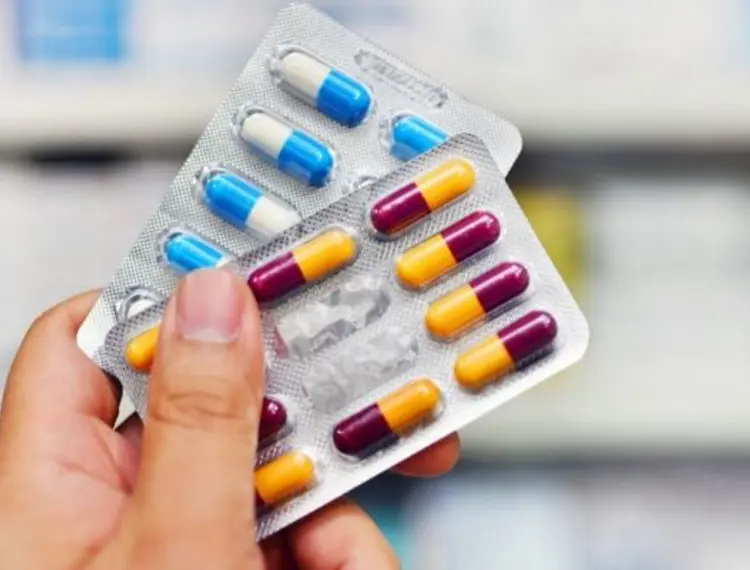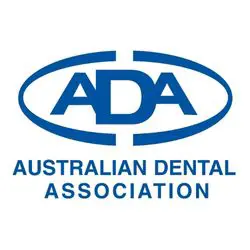
Antibiotics are medicines that fight infections caused by bacteria. They work by killing the bacteria that cause infections, or by slowing down the bacteria's ability to grow. Some infections will go away on their own and you will not need antibiotics. There are certain times you may need to take antibiotics at the dentist. It is important that antibiotics are only taken when they are really needed. Taking antibiotics when you do not need to may stop them from working well in the future when you do need them.
When we are unwell or in pain, it is common to think that antibiotics can help us. However, when at the dentist, this is not always the case. Below are some reasons you may not need antibiotics for dental pain or infections.
1. Your pain is not always caused by an infection
A toothache can be caused by many different reasons. Some reasons a tooth may become sore include tooth decay, gum disease, chipped tooth, broken filling or crown, a tooth that is stuck under the surface of the gums, teeth grinding or problems with the sinuses that sit just above the top teeth. Toothaches are not always caused by an infection. If there is no infection present, you may not need antibiotics. It is very important that you go and see your dentist so that they can find the cause of the toothache.
A severe toothache may often be caused when the nerve inside the tooth becomes badly inflammed. When a tooth's nerve becomes badly inflamed and the inflammation cannot be stopped or reversed, this is called ‘irreversible pulpitis’. This condition can only be treated by a root canal treatment or by removing the tooth from the mouth. A research review that looked at using antibiotics for treating severe toothaches showed that antibiotics do not seem to significantly reduce the pain associated with a toothache that is caused by irreversible pulpitis. The research showed that more studies are needed to prove whether antibiotics can help to take away the pain or not.
It is important to not take antibiotics if they are not required. If your dentist diagnoses your tooth with irreversible pulpitis, it is important that either a root canal treatment or tooth extraction is completed to take away the pain.
2. It is not the best treatment option
The most effective way to treat an infected or sore tooth is dental treatment. This treatment depends on the cause of the infection or pain. It could include a filling, gum disease treatment, root canal treatment or tooth extraction.
When dental treatment is the best method to treat an infection, antibiotics should only be used as an additional step to stop the infection. Antibiotics should not be the only method of treatment as it will only be a band-aid.
3. A change in guidelines
There are guidelines that make recommendations about when to have antibiotics. Even though you were recommended to have antibiotics in the past, you may not need them if the recommendation has changed or if new scientific evidence is found. Your dentist will know these guidelines to be able to recommend when antibiotics are needed.
When to have antibiotics
There are some situations where antibiotics are needed straight away. This can include a tooth infection where the infection is spreading to other parts of the face, a swollen face and signs or symptoms that the tooth infection is affecting the health of the body, for example, a fever.
It is important that if you need antibiotics, these are prescribed by your dentist so that the correct type can be provided. It is not recommended that you use antibiotics that are in your cupboard left over from other times you have taken them as they can cause significant adverse effects.


